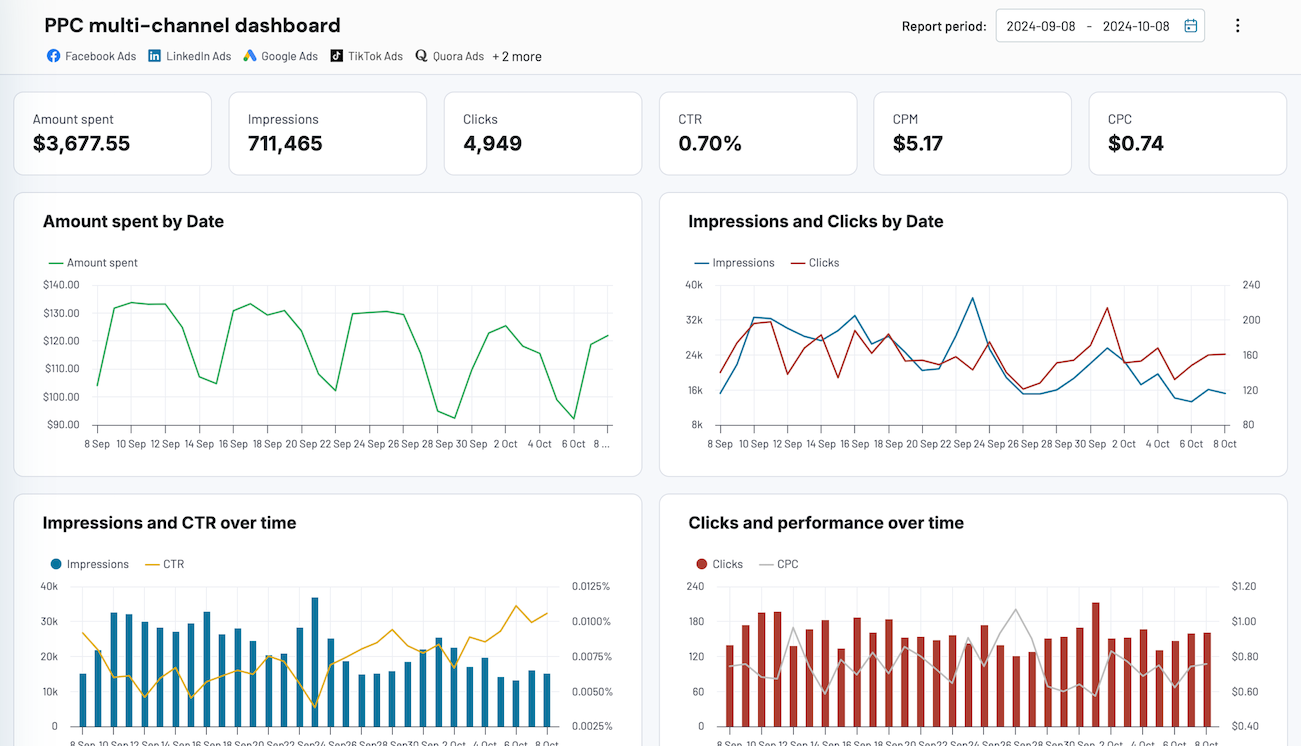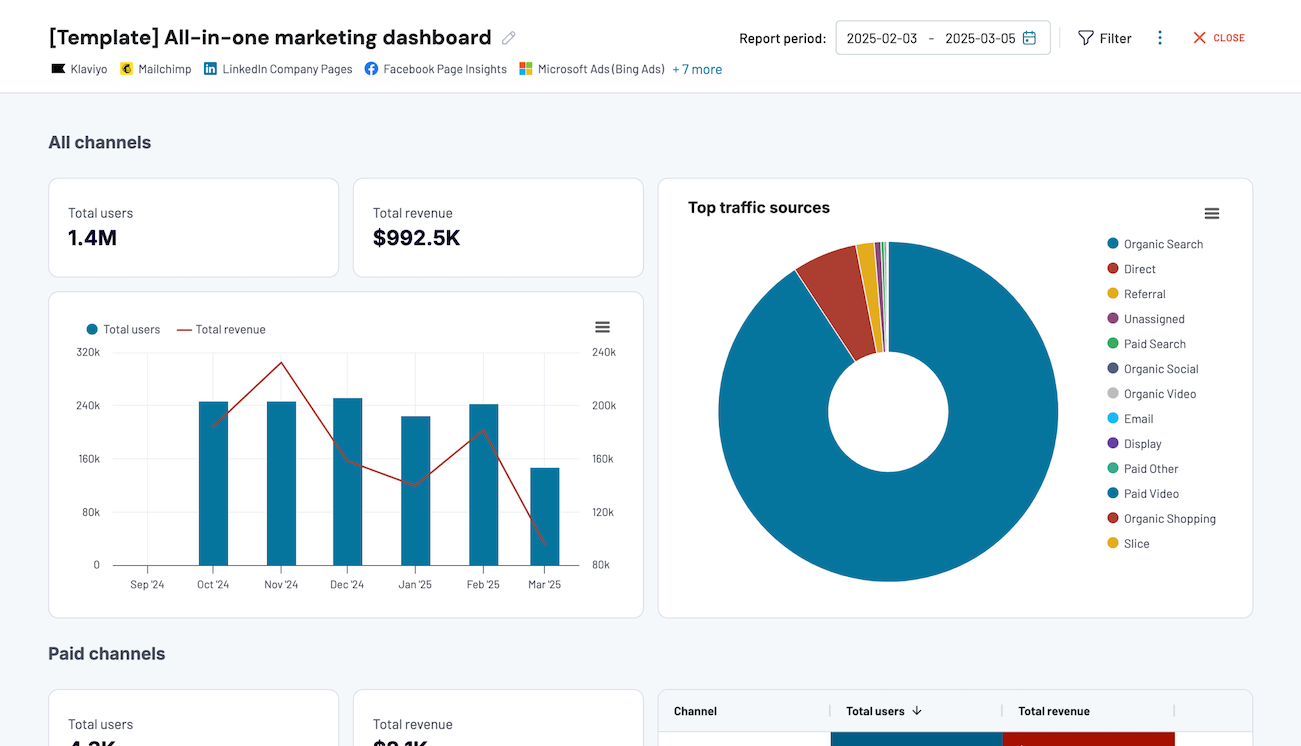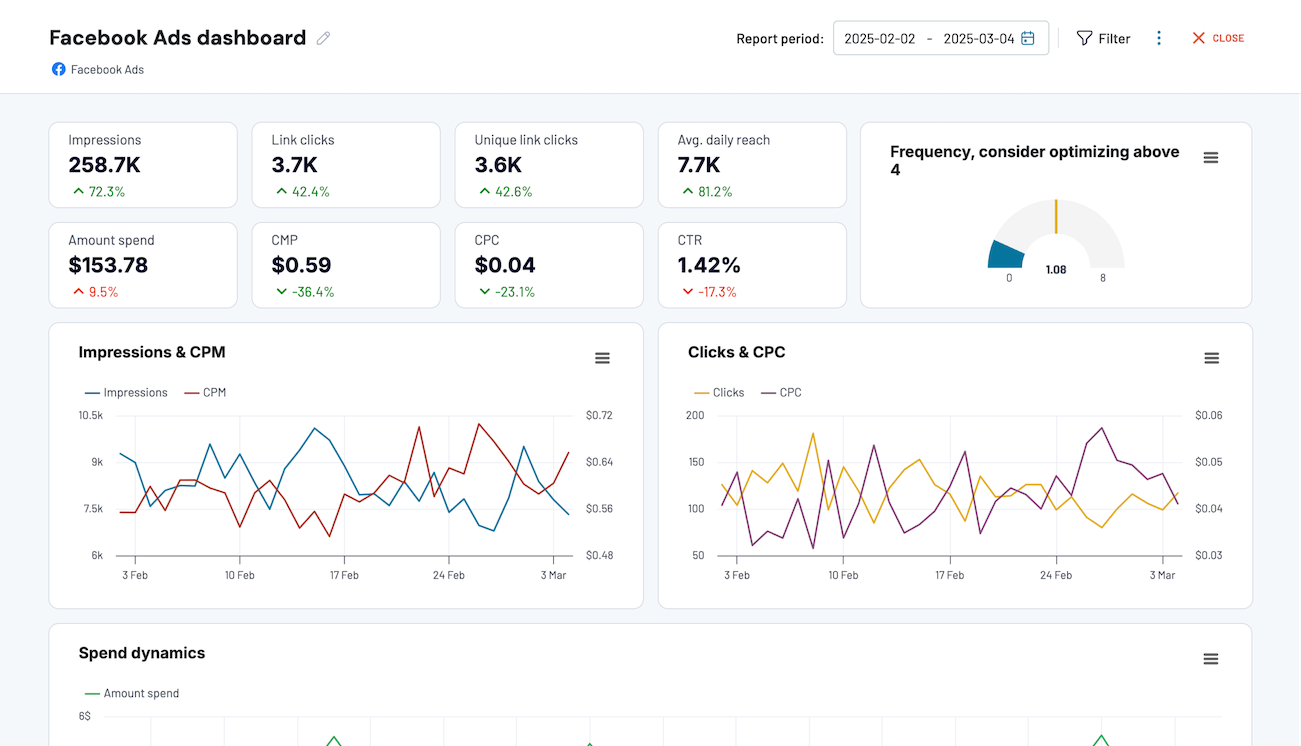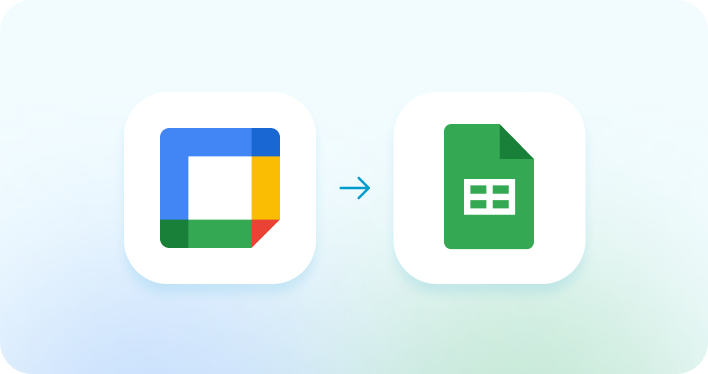What is a MQL?
Marketing Qualified Leads (MQL) is a metric that identifies potential customers more likely to become paying customers based on their interactions with marketing efforts. It calculates the number of leads that meet specific criteria, indicating their readiness to engage with the sales team. MQL helps focus efforts on leads with the highest probability of conversion, thus optimizing resources and maximizing ROI. By analyzing MQL data, you can gain insights into the effectiveness of their marketing campaigns, understand customer behavior patterns, and tailor strategies to target and attract qualified leads more efficiently. Optimization of the MQL metric involves refining lead scoring criteria, aligning marketing and sales efforts, and implementing personalized nurturing campaigns to guide leads through the sales funnel. Ultimately, mastering MQL leads to higher conversion rates, increased sales revenue, and enhanced overall marketing performance.
How to calculate MQL?
Calculate MQL by assigning points to leads based on predefined criteria like demographics, engagement level, and interaction history. Leads surpassing a set threshold are deemed marketing qualified.






















